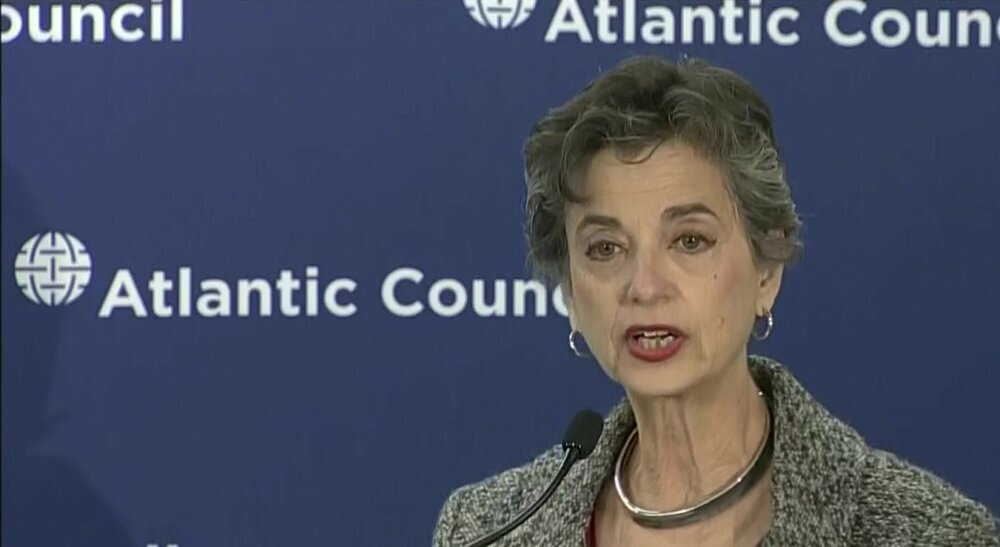There’s lack of trust in Vienna talks: American foreign policy expert

TEHRAN - Barbara Slavin, an American foreign policy expert, is of the opinion that there is a lack of trust between Iran and the U.S., which makes it a must to design a roadmap to restore the nuclear deal.
Iran has been negotiating with five powers that remain in the agreement – France, Germany, Britain, Russia, and China- in Vienna over the past two weeks.
An American delegation also has been in Vienna but not talking directly to the Iranian team.
"I think there is a lack of trust and a need for a mutual roadmap to compliance necessary for both sides," Slavin tells the Tehran Times.
Many pundits and politicians inside America criticize President Biden's hesitation in taking the first step to revitalize the Joint Comprehensive Plan of Action (JCPOA), the official name for the 2015 nuclear deal.
Speaking on March 31 on a webinar hosted by the National Iranian American Council, U.S. Senator Chris Murphy and Rep. Ro Khanna, both Democrats, addressed the stalemate between the U.S. and Iran regarding the return to the 2015 nuclear agreement and urged the administration to be open and willing to take early steps back into the deal.
Nevertheless, Iran's Deputy Foreign Minister Abbas Araqchi has said the Vienna talks have entered a new phase, adding that Iran has proposed a draft agreement that could be a basis for revitalizing the multilateral agreement.
While opponents of the Iran nuclear deal are skeptical of the result of negotiations, Slavin emphasizes that she is optimistic. "It sounds like steady progress is occurring even though things would be much faster if the U.S.-Iran talks were direct."
Asked about the role of certain groups and politicians that oppose restoring the JCPOA, including Republicans and some Democrats in the Senate, Slavin, who is acting director of Future of Iran Initiative at the Atlantic Council's South Asia Center, notes that "they do not have the power to interfere. As long as we are talking about a return to the original deal, Congress can't stop the president from using his executive authority."
Commenting on Israel’s Mossad sabotage operation in the Natanz nuclear facility, Slavin points out that "Israel wants to retain its monopoly as a possessor of nuclear weapons and will never let an adversary in the region get close to a bomb."
Ayatollah Ali Khamenei as Iran’s religious and political leader has issued a decree declaring production, stockpiling and use of weapons of mass destruction, including nuclear arms, as haram (religiously banned).
Slavin also says Israeli Prime Minister Benjamin Netanyahu orders such sabotage acts for domestic consumption.
"Bibi Netanyahu also has domestic political problems and he thinks these kinds of actions make him look tough," she adds.
Given Stuxnet experience, many political figures in Iran believe that Israel and U.S. administration are accomplices in targeting Iran's nuclear facilities.
In an interview with the Tehran Times, Fereydoun Abbasi Davani, the head of the Parliament Energy Committee, said that the U.S. and UK are accomplices in the nuclear sabotage at the Natanz site because their intelligence services helped the Israeli regime to conduct such act.
Questioning the idea, Slavin says that "despite the U.S. and Israel collaborated on Stuxnet, the subsequent sabotage and assassinations are by Israel alone."
Leave a Comment